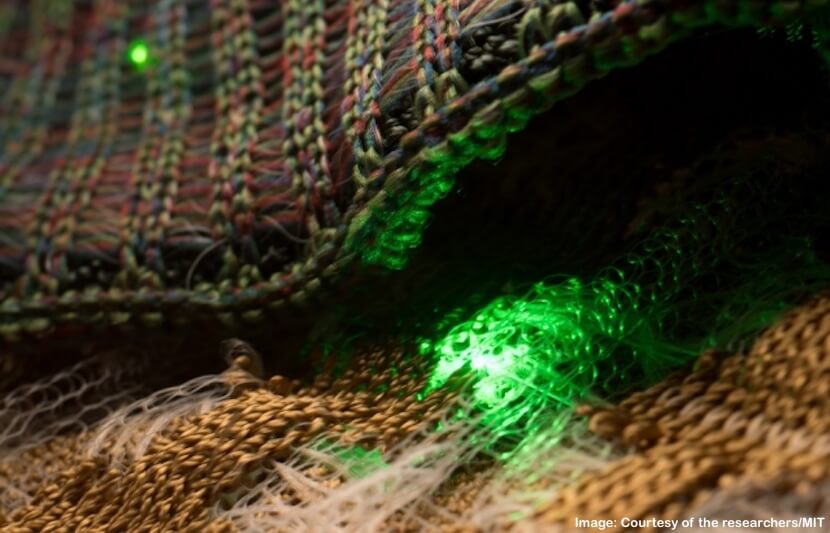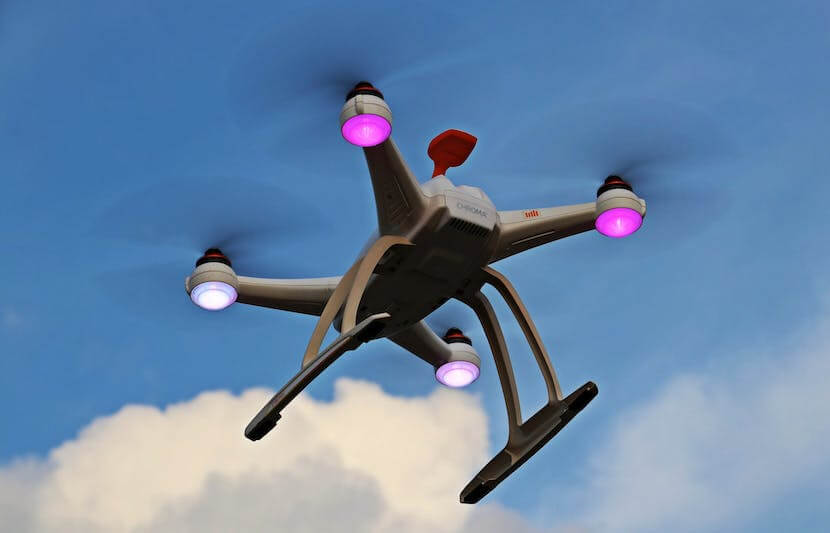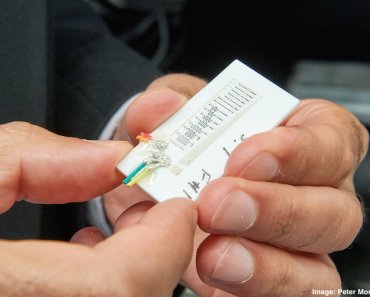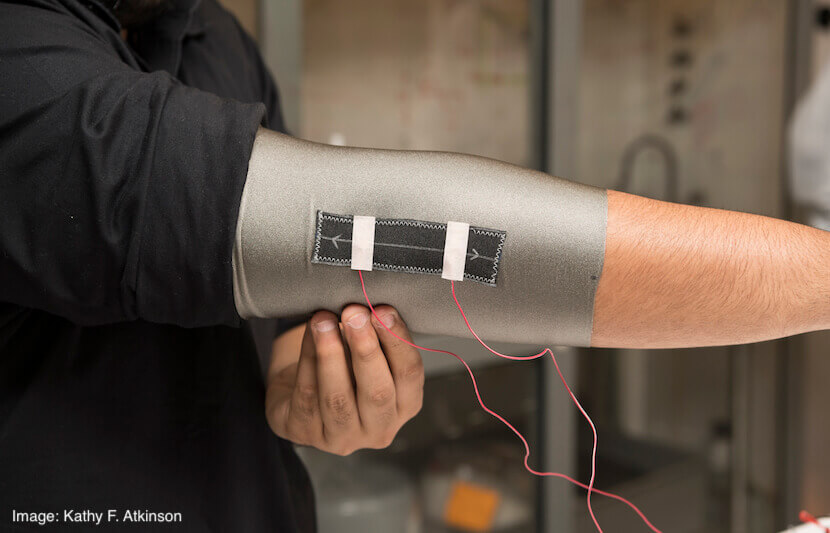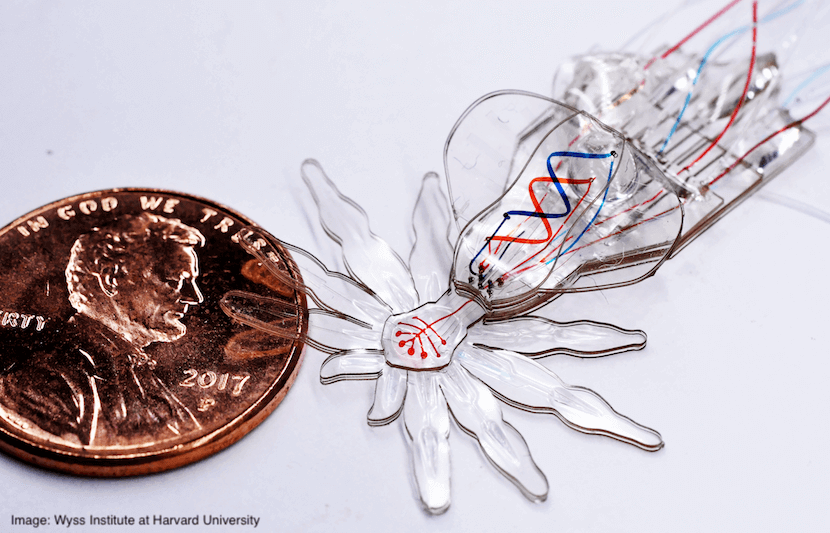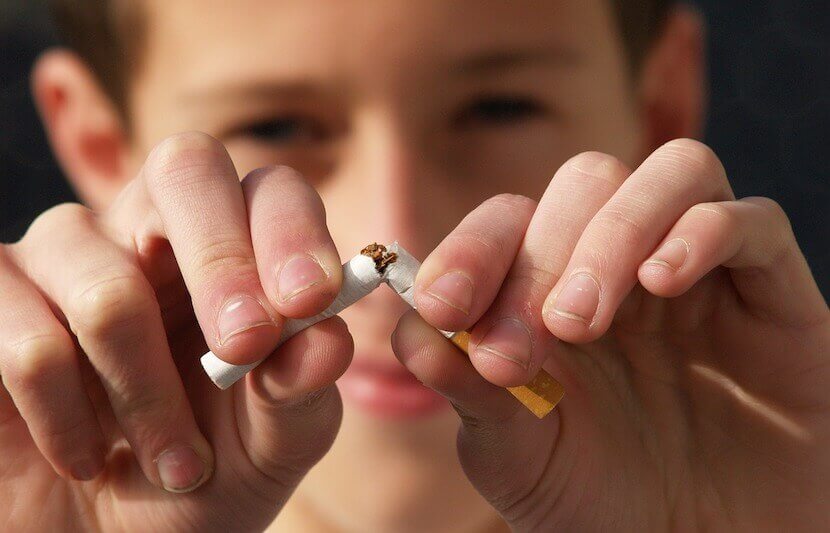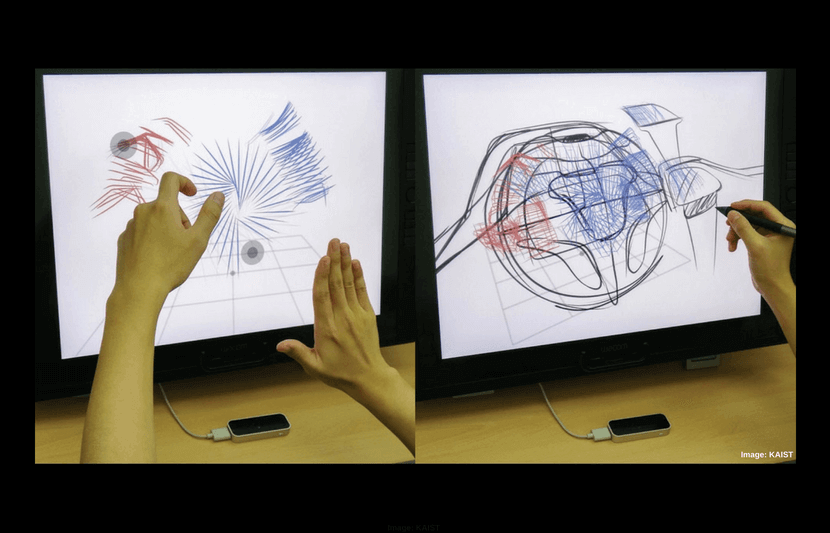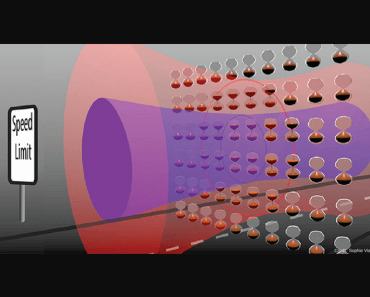-
Detecting Fake News with the Help of an Algorithm
Researchers at the University of Michigan have recently developed an algorithm that can identify fake news stories better than humans. The algorithm uses linguistic clues to differentiate between factual and inaccurate stories. The algorithm could be used by major news aggregators and social media sites like Google News and Facebook to spot and combat misinformation.… Read More
-
‘Smart’ Fabrics: The Future of Technology
Future technology won’t be a device you carry in your pocket, a computer you put in your bag, or a watch you wear on your wrist. Instead, it will be woven into the threads of your shirt and pants. Researchers all over the world are developing “smart” fabrics or textiles that can charge electronics, cool… Read More
-
Women Killin’ It in Robotics
Robots have long been imagined in science fiction novels and films, but current technology shows that such machines are no longer a point of fantasy. Now, robots are capable of carrying out extremely detailed tasks — from flying vehicles, to data computation, emergency response and medical assistance. Each day, great strides are made to further… Read More
-
New ‘Smart’ Machine Sensors Alert Users to Smallest Damage
Scientists at the United Technologies Research Center (UTRC) and the University of Connecticut have developed “smart” sensors designed to be embedded into machine parts and alert users of minute damage or wear. The sensors are created using an advanced 3D-printing method called direct write technology. Typically, 3D printing — also known as additive manufacturing —… Read More
-
‘Smart’ Fabrics Lead to Clothes That Can Detect Human Motion
Engineers at the University of Delaware have developed a technique to create touch-sensitive smart textiles by coating a variety of fibers, including nylon, cotton and wool, with carbon-based nanomaterials. The resulting fabrics are equipped with novel sensing abilities that can detect a wide range of pressure — from the light touch of a fingertip to… Read More
-
Why Checking Emails Outside of Work Can Hurt Your Marriage, Well-Being
Organizational expectations to monitor work emails after work hours can lower both employees and their spouses’ marital satisfaction and overall well-being, a new study suggests. The research was recently presented at the Academy of Management annual meeting held in Chicago, Illinois, and is published in the Academy of Management Best Paper Proceedings. Home, but not… Read More
-
New Method Leads to Tiny, Soft Robots for Delicate Procedures
Researchers have developed a new method to fabricate soft millimeter-scale materials, paving the way for flexible microrobots to be used in medical procedures and other hard-to-access environments. The research team, consisting of members from Harvard’s Wyss Institute for Biologically Inspired Engineering, Harvard John A. Paulson School of Engineering and Applied Sciences (SEAS), and Boston University,… Read More
-
Wearable Technology Helps Smokers Quit for Good
A team of researchers from Case Western Reserve University has developed a personalized automatic alert system to help people quit smoking, using wearable technology. It is hard to quit smoking. With most people, it only takes three tries to become addicted to nicotine, an addictive chemical in cigarettes and, according to the Center for Disease… Read More
-
Why High-Speed Internet Is Depriving You of Sleep
Having access to broadband internet at home causes sleep deprivation, according to a new study from researchers at Bocconi University and the University of Pittsburgh. The study, recently published in the Journal of Economic Behavior and Organization, suggests that having high-speed internet access negatively affects both the quality and quantity of sleep, particularly in younger… Read More
-
Device Detects Concussions with Only a Drop of Blood
Researchers at the University of Geneva (UNIGE) have developed a blood test that can detect mild traumatic brain injuries (mTBI), commonly called concussions, on the spot and within minutes. Requiring only a single drop of blood, the device analyses the level of proteins in the blood to check for concussion. The news follows the recent… Read More
-
Future High-Speed Electronics to Be Printed Like Newspapers
Researchers from Purdue University have developed a new, low-cost manufacturing technique that could make it possible to print electronics in a similar way to newspapers. The technique could be used to form smooth, flexible metals that could improve the speed and battery-life of electronics. It also eliminates many fabrication barriers, so it could make printing… Read More
-
AI Can Predict Personality Traits by Analyzing Human Eyes
Artificial intelligence can predict human personality traits by tracking eye movements, according to a new study. Researchers at the University of South Australia created a machine-learning algorithm that can analyze a person’s eye movements and recognize four of the five big personality traits: neuroticism, extraversion, agreeableness and conscientiousness. The software opens up the possibility of… Read More
-
VR Helps Designers Magically Sketch 3D Models
“Bibbidi-Bobbidi-Boo” — as Cinderella’s fairy godmother sang these three words and motioned the tip of her magic wand, everything turned into what she imagined them to be. Yes, it’s magic in a film. The exact thing can’t happen in real life. But what about something like it? With virtual reality, researchers at the Korean Advanced… Read More
-
How AI Could Protect Your Next Cup of Water
A team of researchers at the University of Waterloo in Canada has developed an artificial intelligence (AI) technology to help guard our water supplies from toxins. “It’s critical to have running water, even if we have to boil it, for basic hygiene,” Monica Emelko, a professor of civil and environmental engineering at Waterloo and co-author… Read More
-
Understanding and Overcoming ‘Speed Limits’ In Light-Based Technologies
In a recent study, physicists at Chalmers University of Technology in Sweden have identified why light-based technologies are subject to “speed limits” that make it impossible for optical switches to transmit information beyond a certain speed. In the drive to make technologies ever more efficient, engineers have been exploring ways to use light, rather than… Read More



